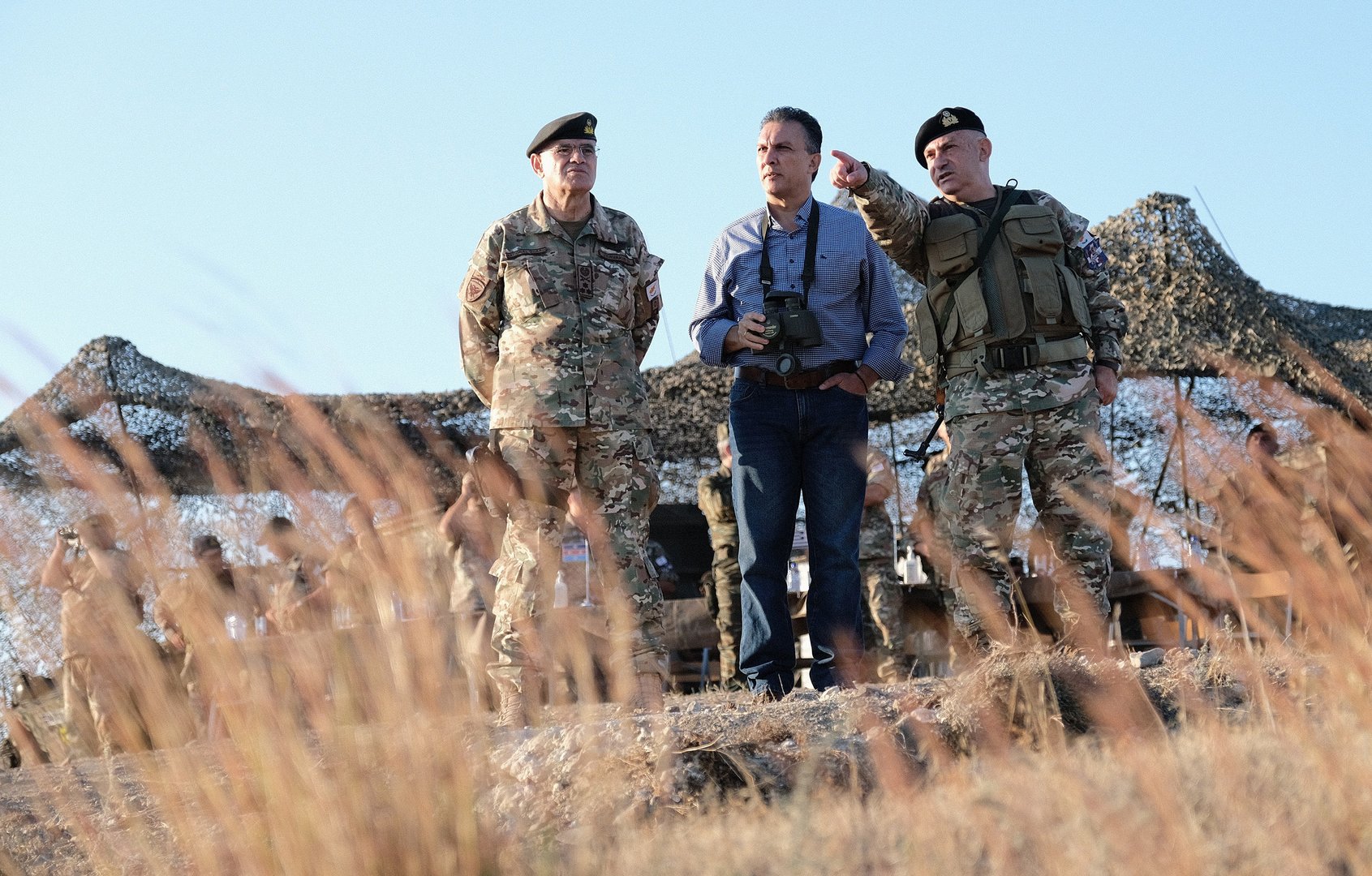Cyprus is ready to address in time any Search and Rescue (SAR) incident of any scale at sea and to activate supporting means and the rescue process for any shipwreck, Defence Minister Michael Giorgallas said on Saturday.
Speaking to the Cyprus News Agency (CNA), he said the Joint Rescue Coordination Center (JRCC) in Larnaca monitors all activity and intervenes to rescue people in danger in its area of responsibility either from an air or sea.
“We are certainly prepared to deal with incidents to the extent of our own capabilities,” he said.
Asked how ready the Republic of Cyprus is to deal with incidents such as the one in Pylos, Greece which saw a boat overladen with migrants sink causing many deaths, Giorgallas depending on the scale of an accident, JRCC activates the Tefkros plan for large-scale incidents at sea and the Nearchos plan for smaller incidents.
These two plans, he added, provide for the specific actions to be taken in each case, who is involved, which other agencies are activated and which means are activated.
There are, he said, maritime assets such as National Guard and Coast Guard vessels and if the incidents are of large scale, vessels from the private sector are also enlisted.
There are also, he continued, airborne assets, the National Guard and police helicopters, while depending on the extent of an incident, international assistance agreements that Cyprus has with neighbouring countries (Israel, Egypt and Lebanon) are also activated, while assistance is also sought from vessels near the incident.
“All this is being monitored and coordinated by the Zenon centre. There is the satellite image in the centre and we are at any time able to activate what is needed because we can see where these vessels are,” he said, adding that, if necessary, assistance is also requested through the EU’s civil protection mechanism RescEU.
On incidents such as that in Pylos, the minister said this was an “extreme” case with many unpredictable factors at sea, where the sinking of a ship immediately creates a huge search area and all comes down to “the ability of the assets and personnel on the scene to do their job as quickly as possible. That is why we attach great importance to exercises.”
Giorgallas cited as an example the recent Argonaut exercise, in cooperation with eight other countries, which this year simulated an air accident with a sea rescue exercise, while last year it involved a maritime accident.
“We simulate all incidents in real-time exercises and in the Zenon centre simulators, while there is direct contact and cooperation with the competent services of the neighbouring countries, because in some places they also need our help and we need their assistance,” he added.
He also said that if a large-scale incident, such as the one in Greece, were to occur in Cyprus’ area of responsibility, the country can activate the UNIFIL (United Nations Interim Force in Lebanon) vessels that patrol the area and transport crews for rest from Lebanon to Cyprus.







Click here to change your cookie preferences